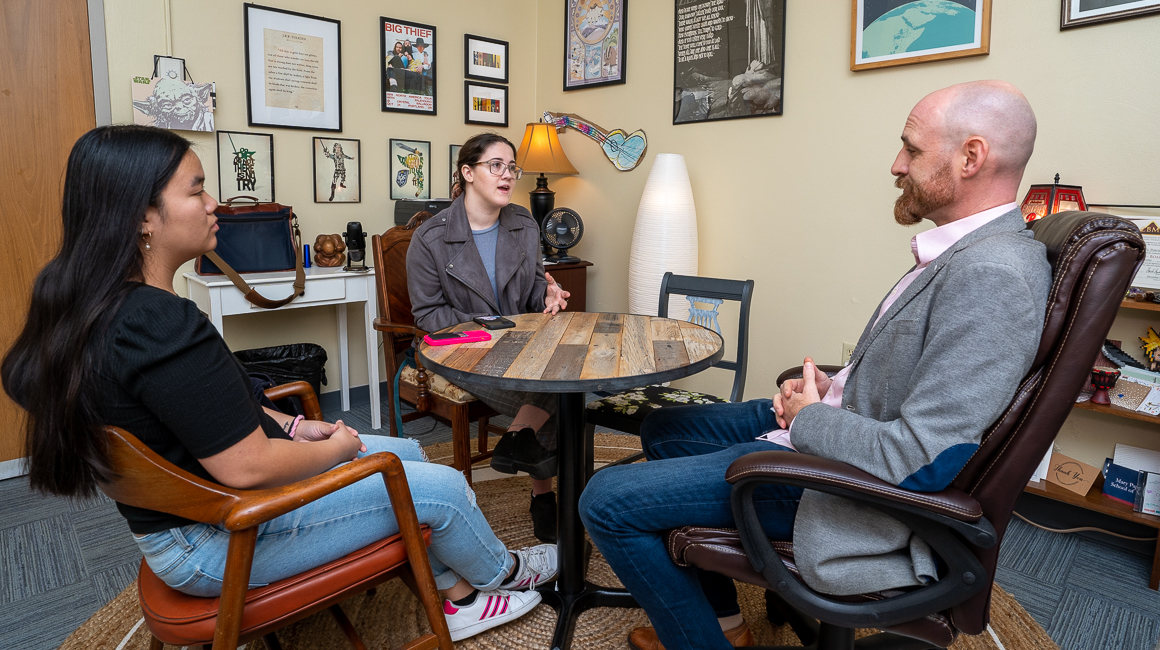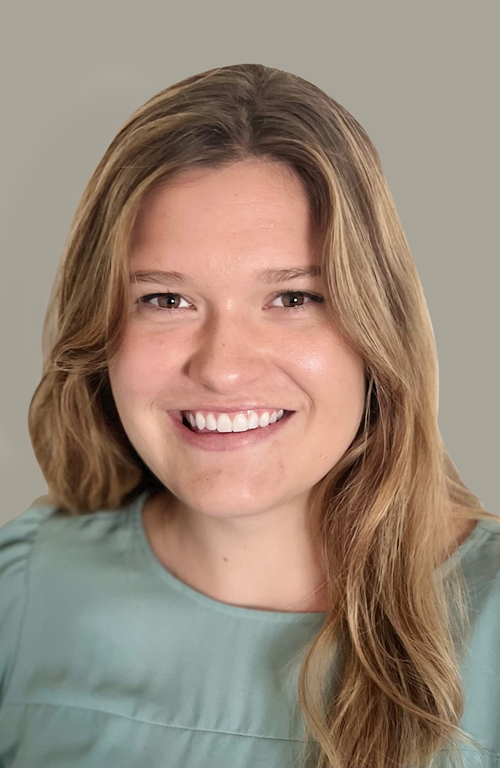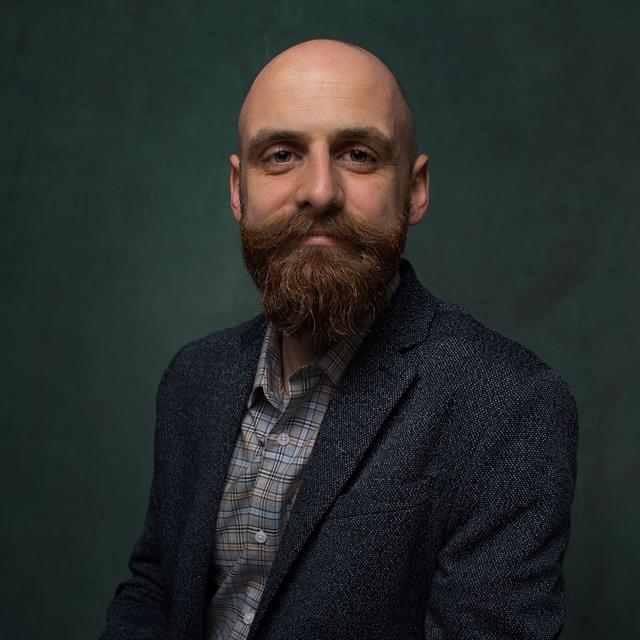Music Therapy
View 2025–2026 Master of Music Therapy Curriculum
The online Master of Music Therapy (MMT) provides advanced training for board-certified music therapists looking to develop a reflexive, compassionate, and whole person practice. Come be a part of a dynamic community of learners committed to advancing music therapy as primary and core service.
- Continue practicing while pursuing your degree when you enroll in asynchronous online graduate courses.
- Learn how to provide specialized support to patients in treatment contexts such as cancer centers, neonatal intensive care units, and hospices.
- Explore how to provide ethical, culturally responsive healthcare services that engage individuals as active collaborators and stakeholders in their health journey.
- Become an adaptive and resilient healthcare professional in a rapidly evolving healthcare ecosystem.
- Experience a curriculum focused on community-engaged practice and medical music psychotherapy.
Admission Overview
Admission to the graduate division for Music Therapy requires the submission of an Audition Portfolio as well as the completion of a formal interview.
Program Information
Optional Licensed Professional Counselor Track Available
Program Type
Major
Degree
Master's
School
Academic Department
Music Education and Music Therapy
Duration
2-year
Required Credit Hours
32
Modality
Online
The Student Experience
MMT Program Director
Learning Outcomes




